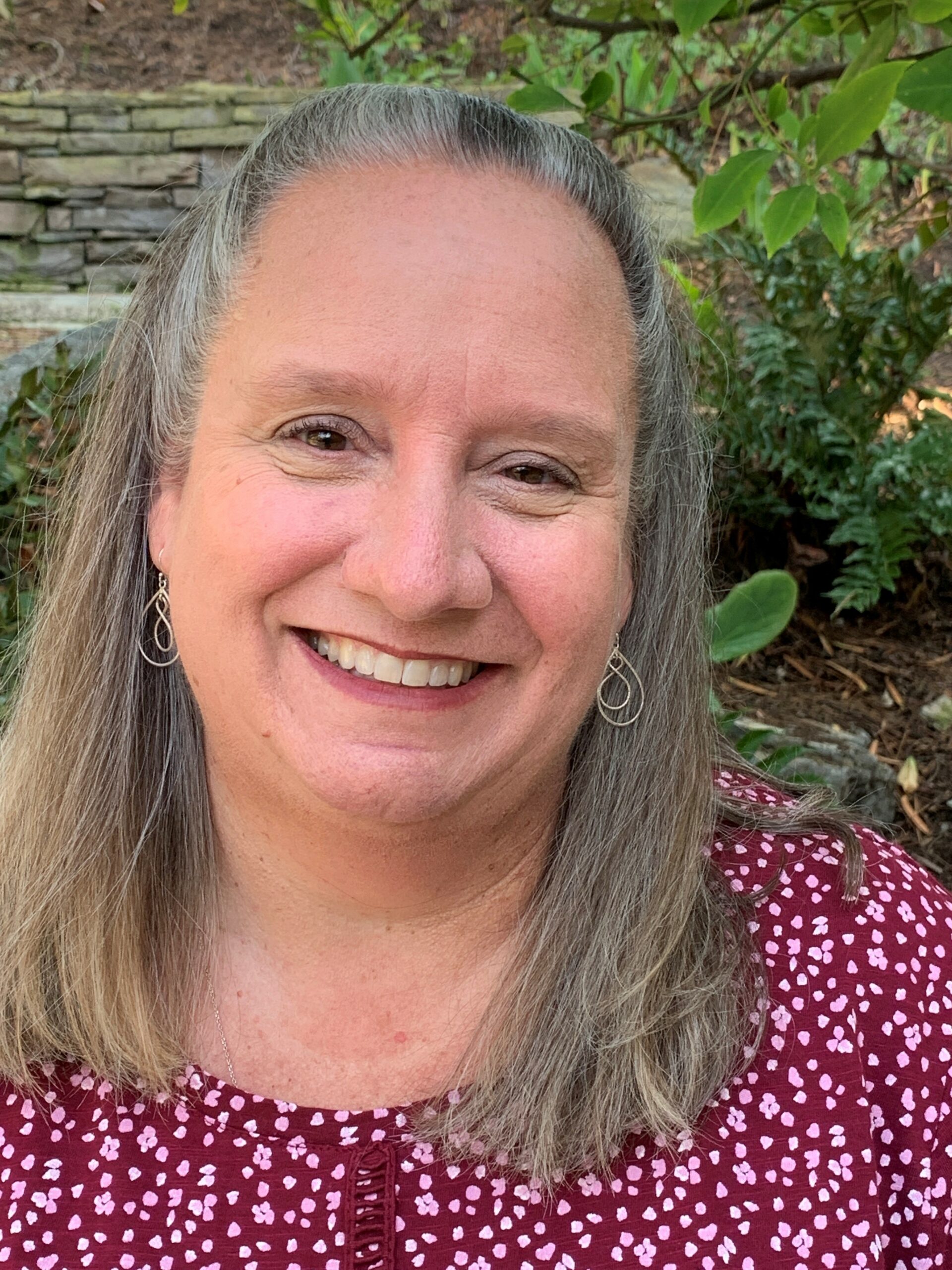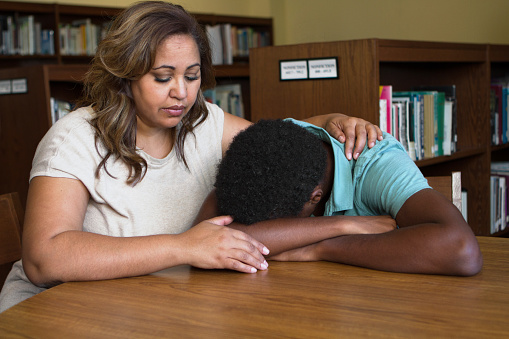Statistics show over half of girls and a third of boys practice unhealthy weight control behavior. Whether it is overeating, bulimia, anorexia, or taking laxatives, it’s a much more common practice. Social media and advertisements show our children what the world thinks we should look like.
We’ve created a culture of children who are overly concerned with their outward appearance. You may have concerns about your child and wonder if they are struggling.
Here’s some helpful ways to talk to your child about an eating disorder:
- Open communication
Make an appointment with your child to speak with them away from others. Have a scheduled time to talk. It will make the conversation easier to have.
- Use “I” statements
“I noticed you’ve lost weight. Are you okay?” Children with an eating disorder work hard to hide it. They may feel defensive or embarrassed when someone notices it. Stay calm and don’t take their response personally. Their reaction is part of the process.
- Ask open-ended questions
Listen well to what your child has to say. Resist making suggestions or judgements. Let them feel they’re being heard. Share with them how much you care about them and want them to be healthy. If you have a background with an eating disorder, share your experience with them. Having someone to talk to about these struggles lessens their burden.
- Get them help
An eating disorder can be serious. Proper support can start them on the path to wellness. Saddleback Church has a list of therapists your child can choose from to find the right person to help them through this process.
Caring for a child with an eating disorder can be stressful. Self-care is important for both you and your family.
Here are some suggestions:
- Slow the pace of your life
Make the choice to slow down and focus on your relationship with God and your family.
- Practice gratitude
Each day, journal a few things you are grateful for. Thank God for his blessings.
- Sleep
Everyone benefits from a good night’s sleep.
- Exercise
Physical activity increases relaxation and decreases stress.
- Healthy nutrition
If your child is in treatment for their eating disorder, discuss with their care provider how to manage mealtimes. Plan meals with your child. Don’t discuss portion sizes, calories, or anything about the meal. If your child attempts to control the preparation of the meal, assign them another task, such as setting the table. Set an example for your child by eating a healthy diet.
- Drink water
Our brains are 80% water. Dehydration affects our thoughts.
- Listen to music
Music activates most regions of the brain. Add some dancing. Make it fun.
“Dedicate your children to God and point them in the way they should go, and the values they’ve learned from you will be with them for life.” Proverbs 22:6
Children learn what they live. If you feel you are struggling, the best you can offer your child is to seek support for yourself. Celebrate Recovery offers help for hurts, habits, and hang-ups. There are also groups for children and adolescents. You can attend Celebrate Recovery at Saddleback Church or find one by accessing this link: https://locator.crgroups.info.
Pray for your child:
“Lord, thank you that my child trusts me to share their struggle with their eating disorder. They don’t have to fight this battle alone. We are your children, and you want us to be healthy, and to love and nurture the bodies you have entrusted to us. Give me the right words to encourage and uplift my child when they need support and compassion. Thank you for their life, and may they find victory in this battle. In Jesus name, Amen”.
If you want to know more about this topic, CLICK HERE
Author
-

Amy Kendall was the Next Gen Disabilities and Mental Health Pastor at Saddleback Church and was on staff from 2007-2024. Before working at Saddleback, she worked for 10 years in the educational sector as a behavior specialist, specializing with children on the autism spectrum. Amy graduated from Pacific Christian College with her BA in Ministry and from Hope International University with her MA in Marriage, Family, Child Counseling. Amy was recently on the board of the Disability Ministry Conference as their vice president and speaks often in regards to disability ministry. Amy also has a teenage son with multiple disabilities and mental health struggles, and she believes that she is a better pastor because she gets the blessing to be his mom.
View all posts






